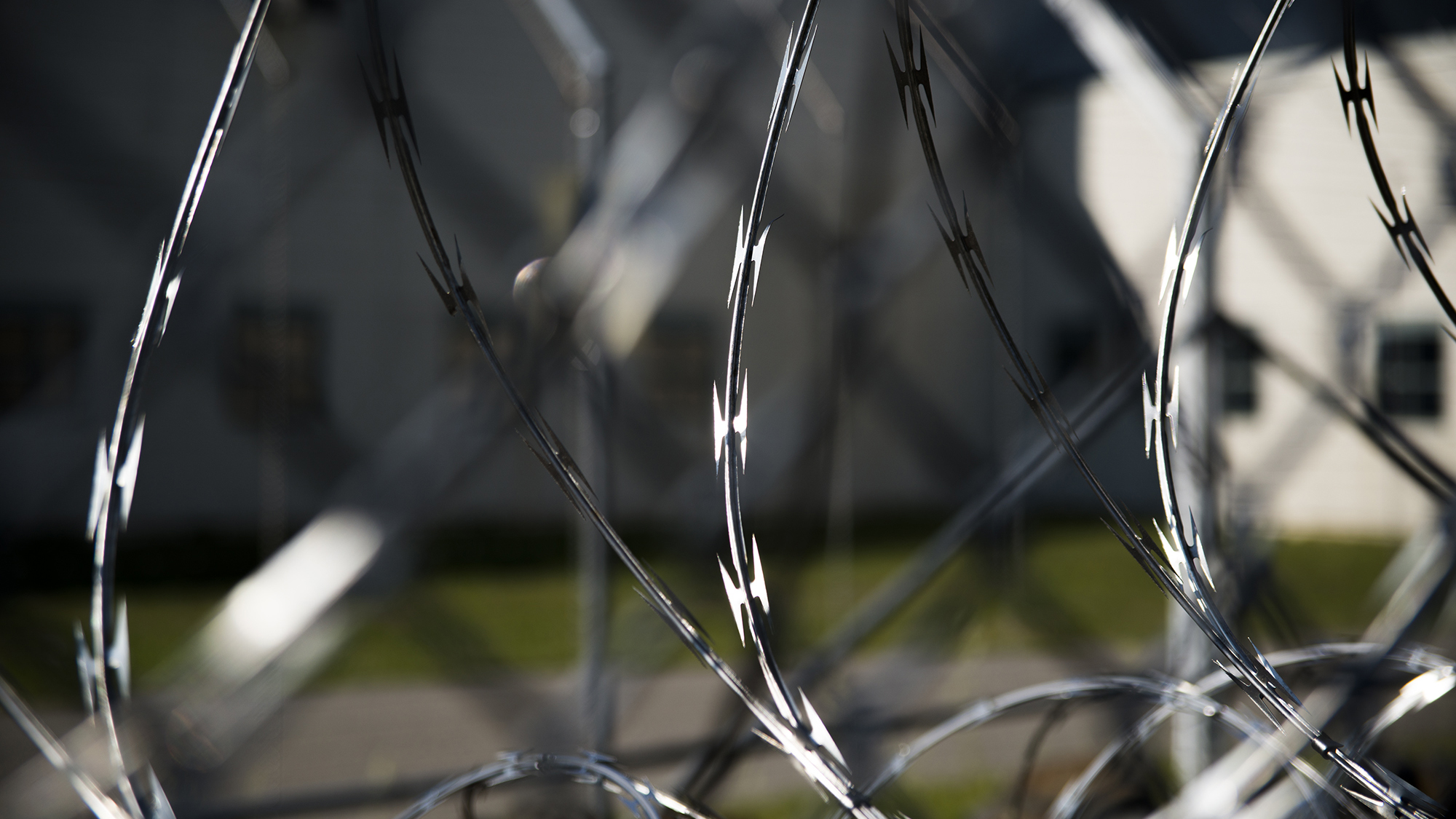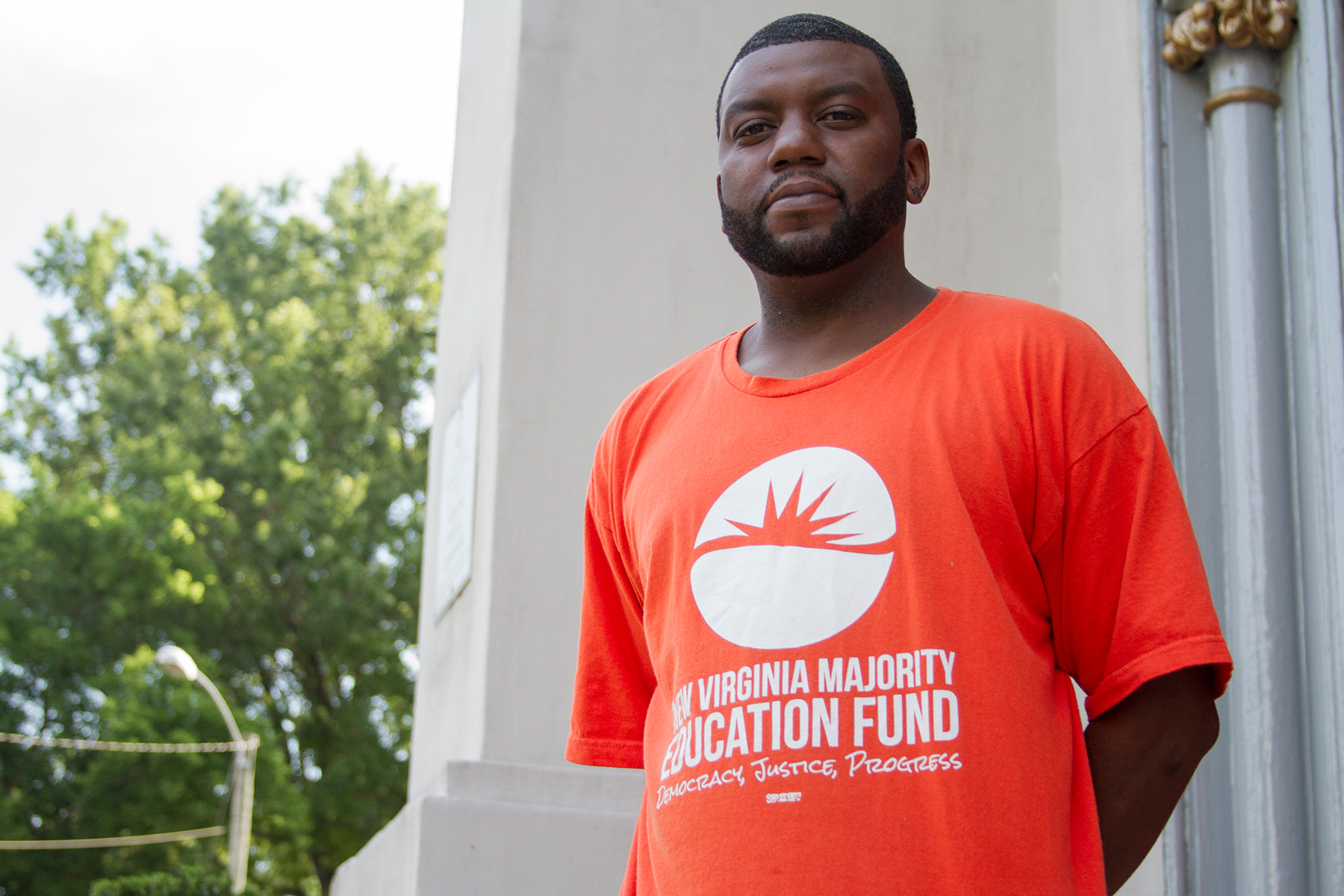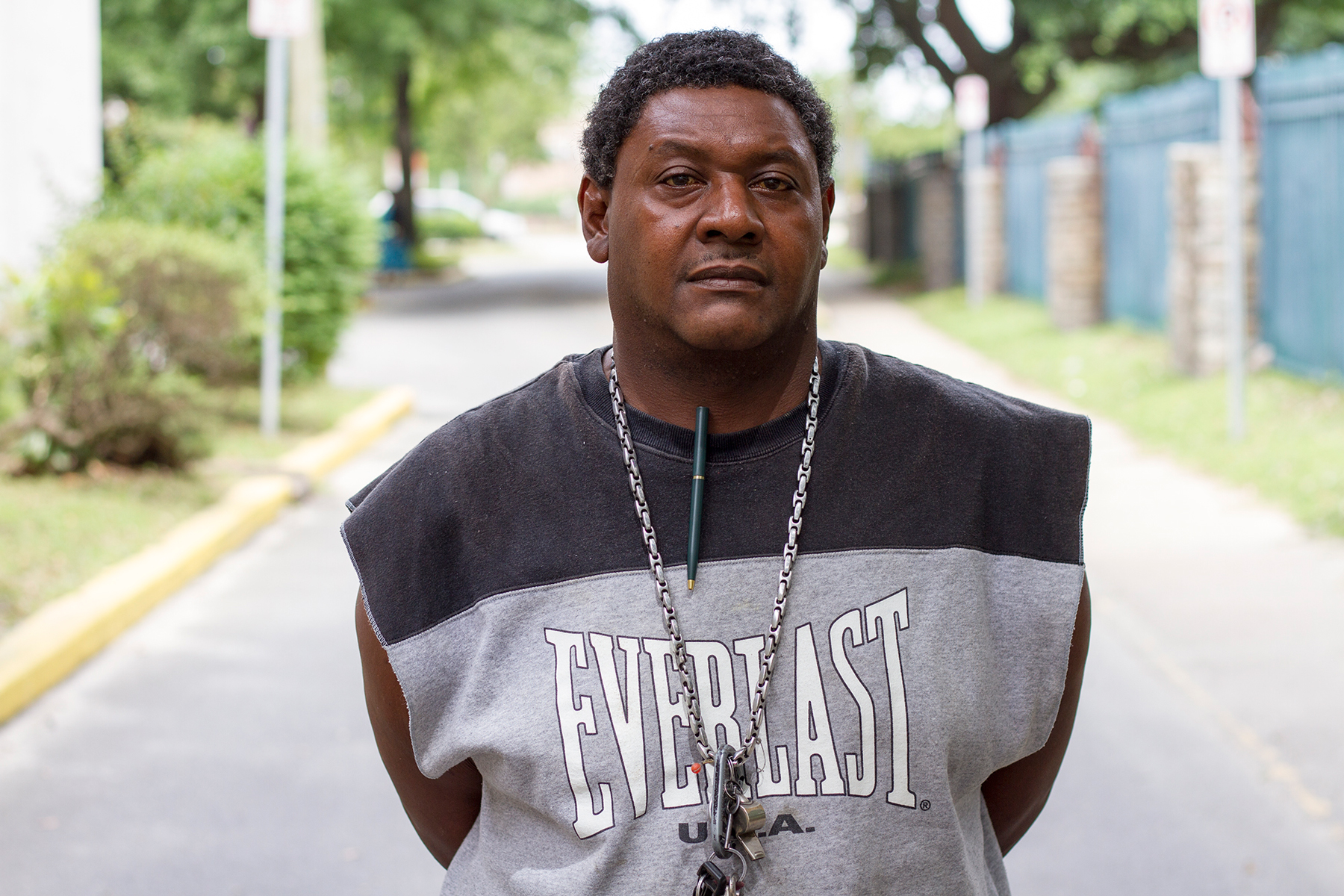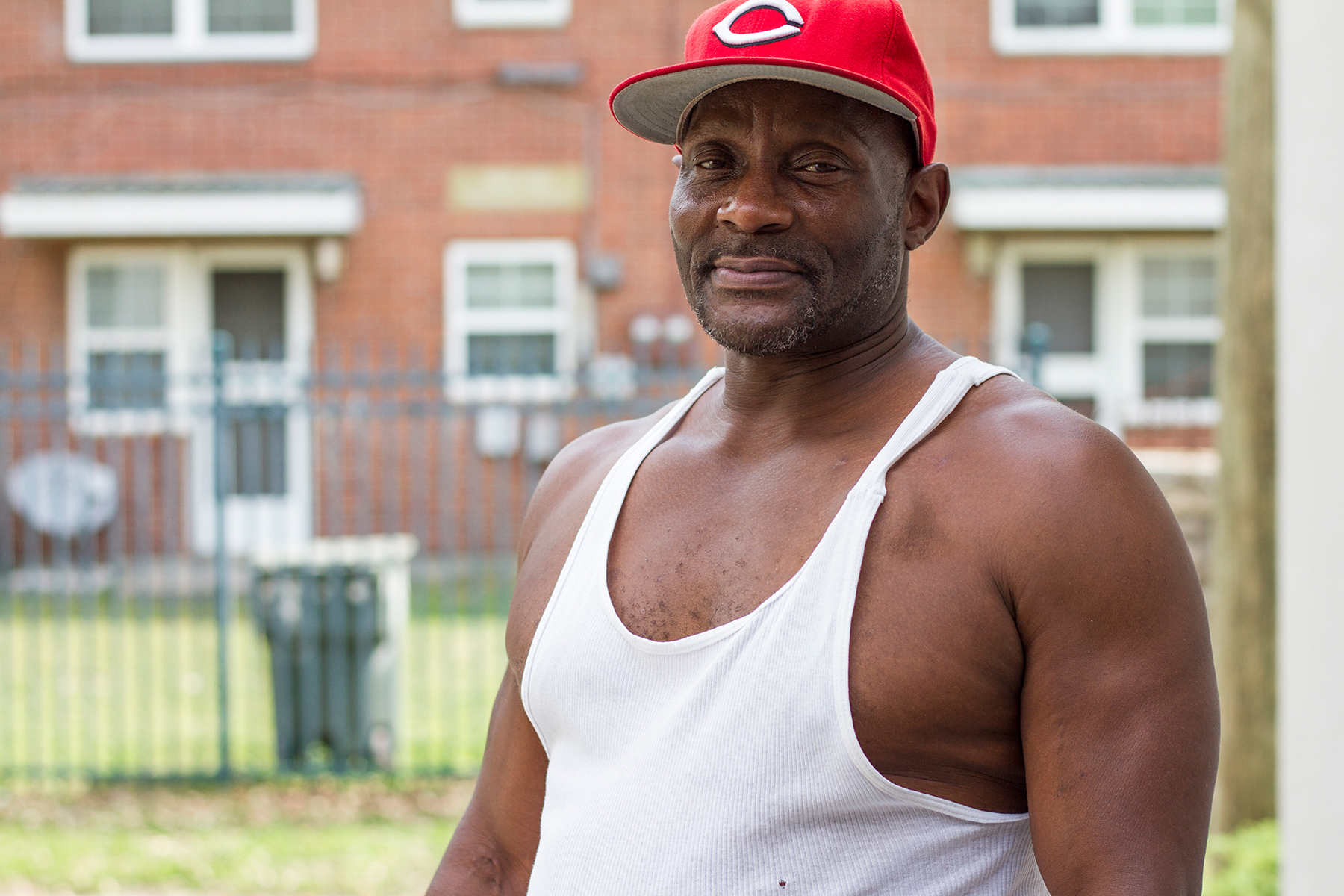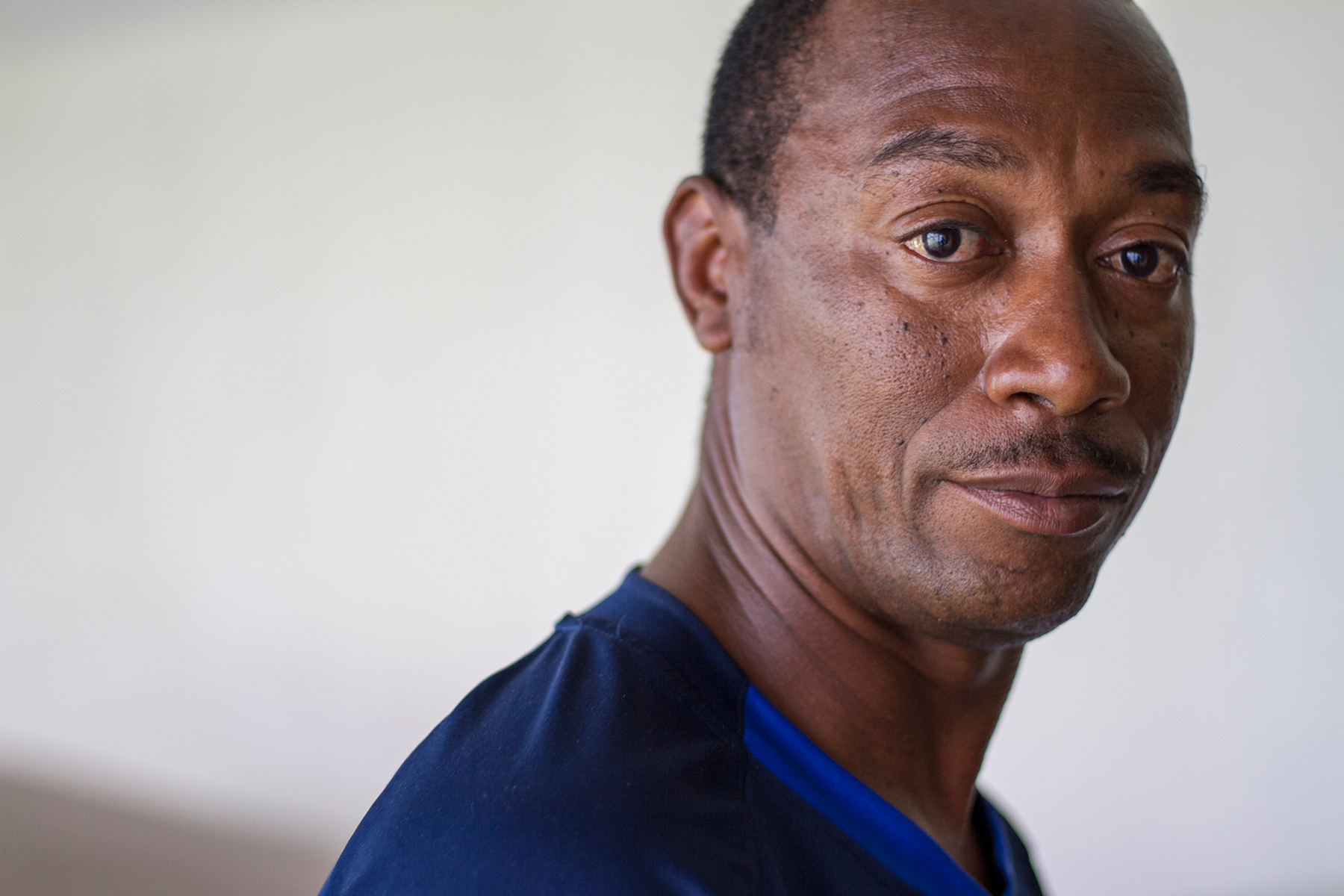LEXINGTON, Ky. — Republican and Democratic politicians across the country are deeply divided over restoring the right to vote to felons, a political fracture that affects millions of convicted criminals.
In Iowa and Kentucky, Democratic governors issued executive orders to restore voting rights to many felons only to have them rescinded by Republican governors who succeeded them.
Democratic legislators in 29 states proposed more than 270 bills over the past six years that would have made it easier for some felons to vote but very few passed, especially in legislatures controlled by Republicans, News21 found in an analysis of state legislative measures nationwide.
Debate and decisions about restoring voting rights to felons often follow partisan lines because felons, particularly African-Americans, are viewed as more likely to vote Democratic than Republican, voting rights experts told News21. Nationwide, 1 in 13 black voters is disenfranchised because of a felony conviction as opposed to 1 in 56 non-black voters, according to The Sentencing Project, a nonprofit organization based in Washington, D.C., that works on criminal justice sentencing policies and racial disparities.
“Democrats are probably going to like it (felon voting) because they are going to expect a draw of votes and Republicans tend to object,” said Lynn M. Sanders, a University of Virginia professor and expert in American government. “The people who do not register and do not tend to vote are usually poorer, less white, younger and more likely to have complicated backgrounds, like a conviction.”
